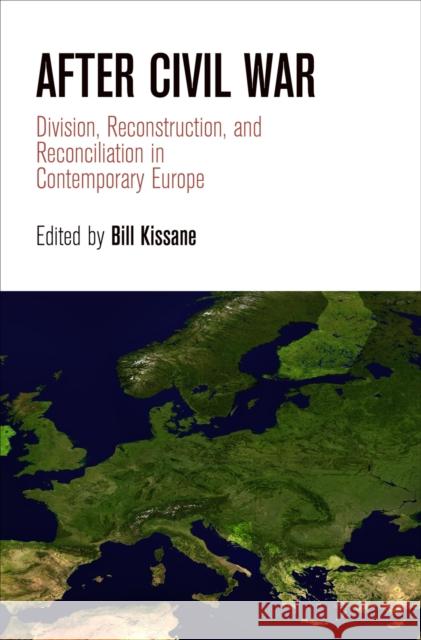After Civil War: Division, Reconstruction, and Reconciliation in Contemporary Europe » książka
After Civil War: Division, Reconstruction, and Reconciliation in Contemporary Europe
ISBN-13: 9780812246520 / Angielski / Twarda / 2014 / 312 str.
Civil war inevitably causes shifts in state boundaries, demographics, systems of rule, and the bases of legitimate authority--many of the markers of national identity. Yet a shared sense of nationhood is as important to political reconciliation as the reconstruction of state institutions and economic security. After Civil War compares reconstruction projects in Bosnia, Cyprus, Finland, Greece, Kosovo, Northern Ireland, the Republic of Ireland, Spain, and Turkey in order to explore how former combatants and their supporters learn to coexist as one nation in the aftermath of ethnopolitical or ideological violence.After Civil War synthesizes research on civil wars, reconstruction, and nationalism to show how national identity is reconstructed over time in different cultural and socioeconomic contexts, in strong nation-states as well as those with a high level of international intervention. Chapters written by anthropologists, historians, political scientists, and sociologists examine the relationships between reconstruction and reconciliation, the development of new party systems after war, and how globalization affects the processes of peacebuilding. After Civil War thus provides a comprehensive, comparative perspective to a wide span of recent political history, showing postconflict articulations of national identity can emerge in the long run within conducive institutional contexts.Contributors Risto Alapuro, Vesna Bojicic-Dzelilovic, Chares Demetriou, James Hughes, Joost Jongerden, Bill Kissane, Denisa Kostovicova, Michael Richards, Ruth Seifert, Riki van Boeschoten.











